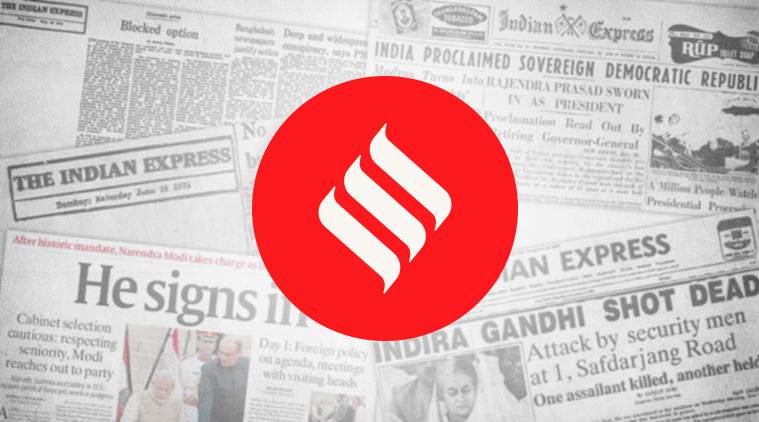Opinion All’s not well
BCCI must realise that if it does not bring in anti-doping reform, it will be made to do so
 Country needs to evolve well-rounded protocols for managing disasters, not look at them as only administrative problems.
Country needs to evolve well-rounded protocols for managing disasters, not look at them as only administrative problems.  The government has cracked the whip and in coming days might make it difficult for the BCCI to go on believing it exists in a separate sporting universe.
The government has cracked the whip and in coming days might make it difficult for the BCCI to go on believing it exists in a separate sporting universe.
The Indian cricket board has long been an ostrich in matters of accountability. Its dreams of putting in place a self-sustaining T20 league which can rope in the world’s finest talent — like America’s NFL, NBA and World Series baseball — was realised in this last decade when the IPL turned monstrous in proportion. What did not follow for the BCCI, however, was the American insistence on integrity. Doping is the single biggest threat that can shred the credibility of any sport that wants to be taken seriously. But the way the BCCI has handled the positive test of its brightest young star, Prithvi Shaw, shows its casualness towards the modern day sport’s most important protocol. Shaw was let off after a process in which the anti-doping code wasn’t strictly adhered to and there was no transparency in hearings.
The government has cracked the whip and in coming days might make it difficult for the BCCI to go on believing it exists in a separate sporting universe. India, which notoriously sat second on doping charts in Olympic disciplines and won a measly total of 2 medals, has gone on believing all’s well with cricket. Testing protocols are hardly followed in the world’s richest league, the problem compounded by the fact that India’s prima donnas have always resisted WADA’s regulations. So, while the world’s greatest names like Roger Federer and Usain Bolt are answerable to the dope tester’s 6.30 am call and obligated to fill in the whereabouts forms, cricketers are rarely tested or punished once they return a positive sample.
The BCCI system has misused discretion in handing Shaw a lenient punishment that will deter no one. The BCCI leads the world in cricket’s general obstructionism to any anti-doping reforms. Cricket’s audience, too, needs to demand clean performances if the summer slam isn’t to turn into WWE with balls and bats played by fully covered men with something to hide.





